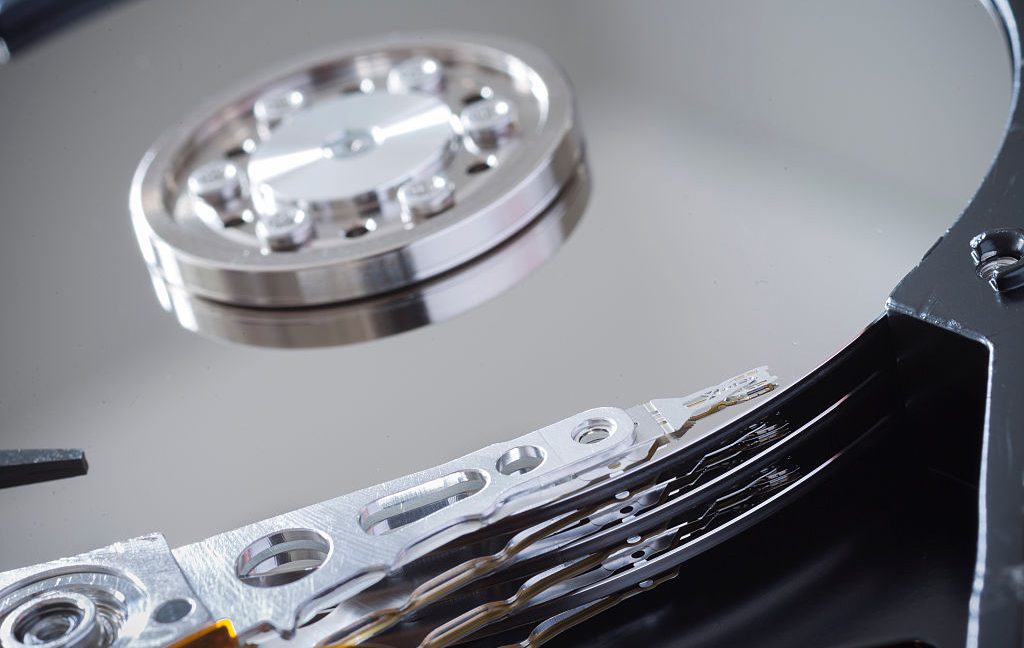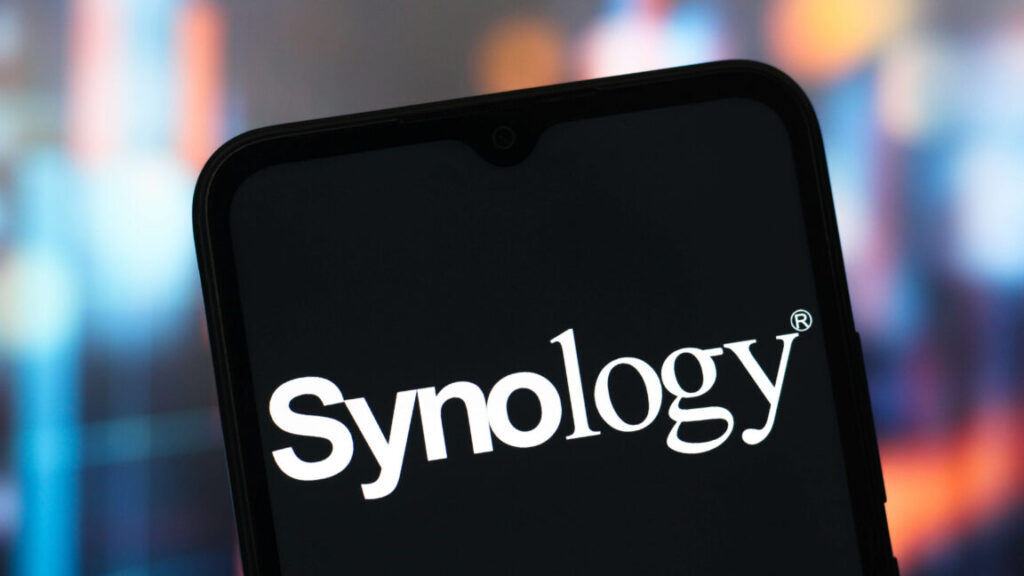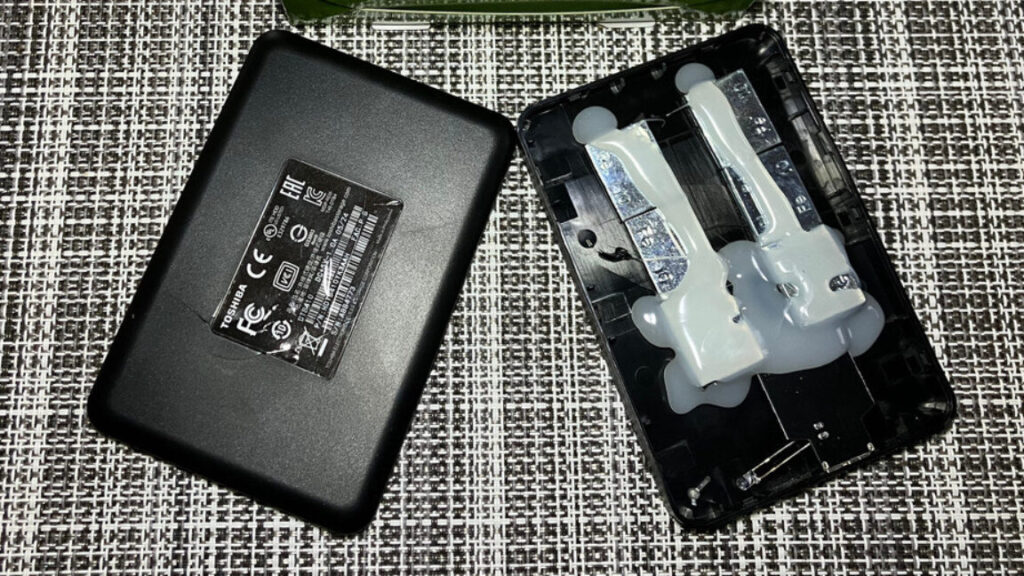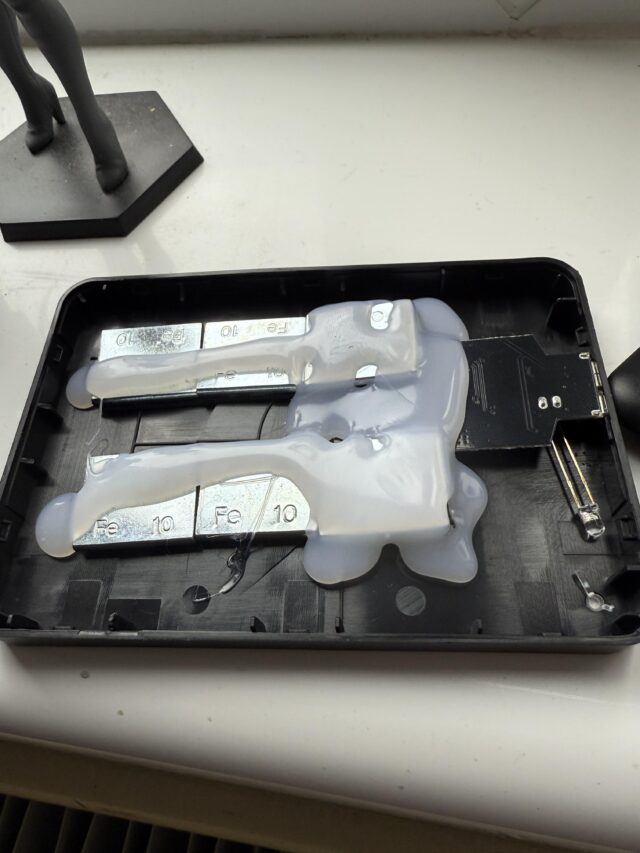12 years of HDD analysis brings insight to the bathtub curve’s reliability
But as seen in Backblaze’s graph above, the company’s HDDs aren’t adhering to that principle. The blog’s authors noted that in 2021 and 2025, Backblaze’s drives had a “pretty even failure rate through the significant majority of the drives’ lives, then a fairly steep spike once we get into drive failure territory.”
The blog continues:
What does that mean? Well, drives are getting better, and lasting longer. And, given that our trendlines are about the same shape from 2021 to 2025, we should likely check back in when 2029 rolls around to see if our failure peak has pushed out even further.
Speaking with Ars Technica, Doyle said that Backblaze’s analysis is good news for individuals shopping for larger hard drives because the devices are “going to last longer.”
She added:
In many ways, you can think of a datacenter’s use of hard drives as the ultimate test for a hard drive—you’re keeping a hard drive on and spinning for the max amount of hours, and often the amount of times you read/write files is well over what you’d ever see as a consumer. Industry trend-wise, drives are getting bigger, which means that oftentimes, folks are buying fewer of them. Reporting on how these drives perform in a data center environment, then, can give you more confidence that whatever drive you’re buying is a good investment.
The longevity of HDDs is also another reason for shoppers to still consider HDDs over faster, more expensive SSDs.
“It’s a good idea to decide how justified the improvement in latency is,” Doyle said.
Questioning the bathtub curve
Doyle and Paterson aren’t looking to toss the bathtub curve out with the bathwater. They’re not suggesting that the bathtub curve doesn’t apply to HDDs, but rather that it overlooks additional factors affecting HDD failure rates, including “workload, manufacturing variation, firmware updates, and operational churn.” The principle also makes the assumptions that, per the authors:
- Devices are identical and operate under the same conditions
- Failures happen independently, driven mostly by time
- The environment stays constant across a product’s life
While these conditions can largely be met in datacenter environments, “conditions can’t ever be perfect,” Doyle and Patterson noted. When considering an HDD’s failure rates over time, it’s wise to consider both the bathtub curve and how you use the component.
12 years of HDD analysis brings insight to the bathtub curve’s reliability Read More »



